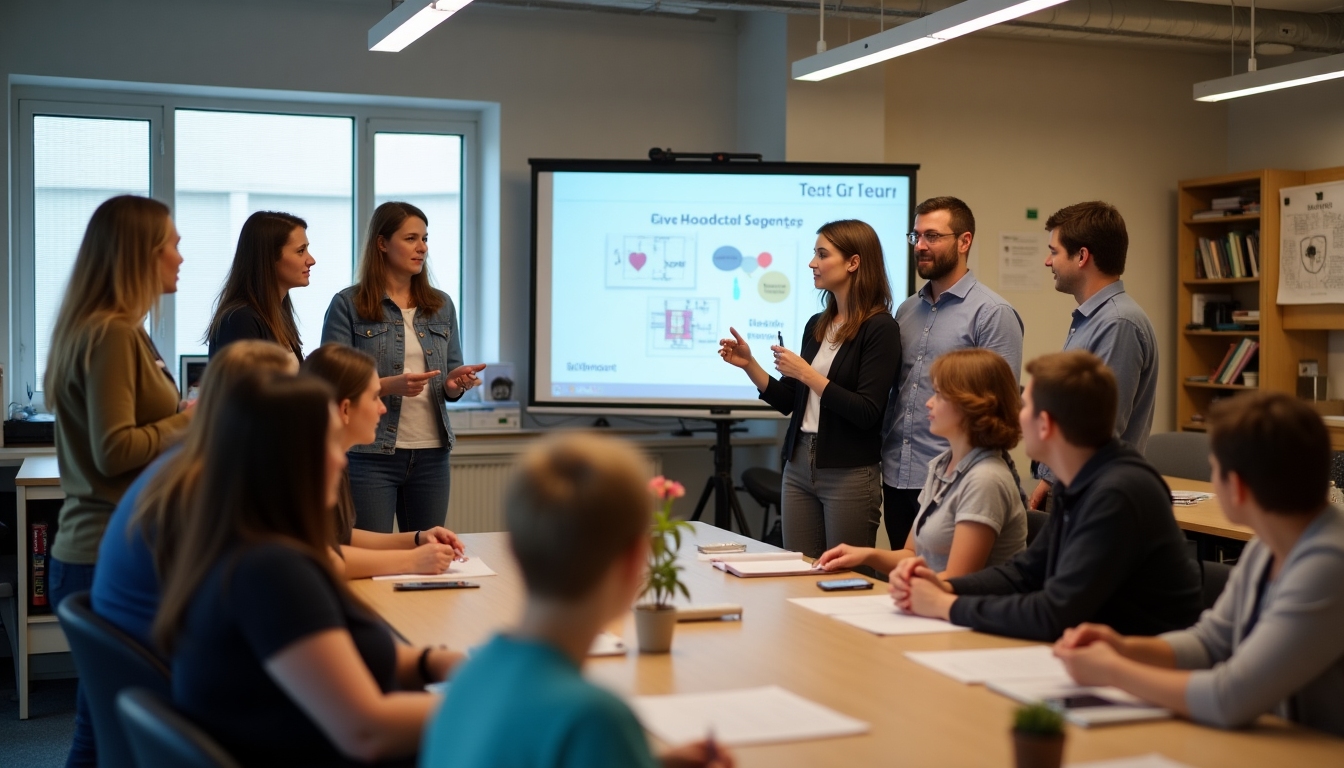Empowering Change: Advocacy Programs for Volunteers
By , November 29, 2024
Overview
Volunteering is a powerful way to drive positive change, and advocacy programs for volunteers amplify this impact. Let's explore how these programs work and how they can transform volunteers into powerful advocates.
What Are Advocacy Programs for Volunteers?
Advocacy programs aim to empower volunteers to be voices for change within their communities. These programs equip volunteers with the tools, knowledge, and platforms they need to address pressing societal issues. Whether it's through public speaking, social media campaigns, or community organizing, volunteering advocacy can catalyze significant social progress.

Key Components of Advocacy Programs
At their core, advocacy programs focus on creating informed and compelling communicators. Here are some essential components:
- Training and Workshops: These sessions provide foundational knowledge about advocacy techniques, issue-specific information, and the skills necessary for effective communication.
- Resources and Toolkits: Volunteers are given access to research materials, communication guides, and strategic planning tools.
- Mentorship Opportunities: Pairing new volunteers with experienced advocates enhances learning and provides personal growth pathways.
- Networking Events: These events connect volunteers with policymakers, community leaders, and other change-makers to influence broader discussions and actions.

The Impact of Volunteering Advocacy
Advocacy programs for volunteers can bring about spectacular changes in various societal facets. By empowering volunteers, these programs can:
- Raise awareness about critical issues such as climate change, inequality, and homelessness.
- Encourage public policy changes through collective action and lobbying.
- Foster community solidarity and resilience.
First-hand accounts from volunteers reveal that these experiences are often life-changing. One volunteer elaborates, "Being part of an advocacy program opened my eyes to the power of collective voices. I never thought I could contribute this significantly to my community's future."

Personal Insights and Experiences
Volunteers often find personal growth intertwined with their advocacy efforts. One advocate shared, "The training sessions not only taught me about advocacy but also helped boost my confidence in public speaking." Another volunteer mentioned, "Partnering with mentors made me feel supported and significantly impacted my ability to advocate for change."
Challenges and Solutions
Despite their benefits, advocacy programs for volunteers face several challenges:
- Resource Limitation: Non-profits often struggle with limited funding, affecting the scale and reach of advocacy efforts.
- Volunteer Burnout: The emotional intensity of advocacy work can lead to burnout if not managed properly.
Efficient solutions include:
- Diversifying Funding Sources: Seeking grants and partnerships can provide additional resources.
- Implementing Health and Wellness Programs: Encouraging regular breaks and providing mental health support can help alleviate burnout. Check out our guide on volunteer wellness strategies for more insights.

Summary
Advocacy programs for volunteers harness the power of individuals to create meaningful change. Through training, resources, and community building, these programs elevate volunteer efforts into more impactful advocacy activities. They not only benefit society by addressing key issues but also provide volunteers with personal growth and fulfillment. In doing so, they enhance both personal lives and the communities they serve.